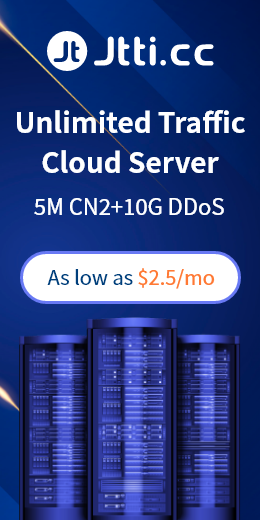The main difference between storage servers and normal servers is their main purpose. Common servers are computer systems specifically designed to run various applications, process requests, and perform computing tasks. The storage server is a device dedicated to storing and managing data.
Storage servers typically have large-capacity hard drives and high-speed network connections to quickly transfer and store large amounts of data. In addition, storage servers are often equipped with RAID (Redundant Array Disk) technology to provide higher reliability and data redundancy to prevent data loss or damage.
In contrast, ordinary servers focus on processing computing tasks and responding to requests, so they usually don't need such large storage capacities or data redundancy features. Although regular servers can also be used to store data, this is usually only for temporary caching or backup of data, not as a primary data storage solution.
Both storage servers and ordinary servers are computer systems, but their purposes and characteristics are different, and each type of server has its own advantages and disadvantages and applicable scenarios.

The role of the storage server
The main function of the storage server is to provide functions of large capacity, high reliability, fast access and storage of data. The following are several main functions of the storage server:
Data storage: The storage server can realize fast and reliable data storage by providing large-capacity hard drives and RAID technology, so as to meet the large-scale data management needs of organizations and enterprises.
File sharing: The storage server can be accessed by multiple computers at the same time, and provides safe and controllable file sharing functions, making it easier for members of organizations and enterprises to share files and data.
Data backup and recovery: The storage server can provide data backup and recovery functions to ensure that important data will not be lost or damaged, and can quickly restore data to ensure business continuity.
Data protection: The storage server can provide advanced data protection functions, such as data compression, data encryption, etc., to ensure the security of sensitive data.
Fault-tolerant redundancy: Storage servers often have fault-tolerant redundancy, which means that if one disk drive fails, the storage server can use backup data on other disk drives to restore the damaged data, minimizing the impact of the failure.
In short, a storage server is a device specially used to store and manage data, and its function is to provide efficient, reliable and secure data storage, backup and sharing solutions for organizations and enterprises.

 EN
EN
 CN
CN









